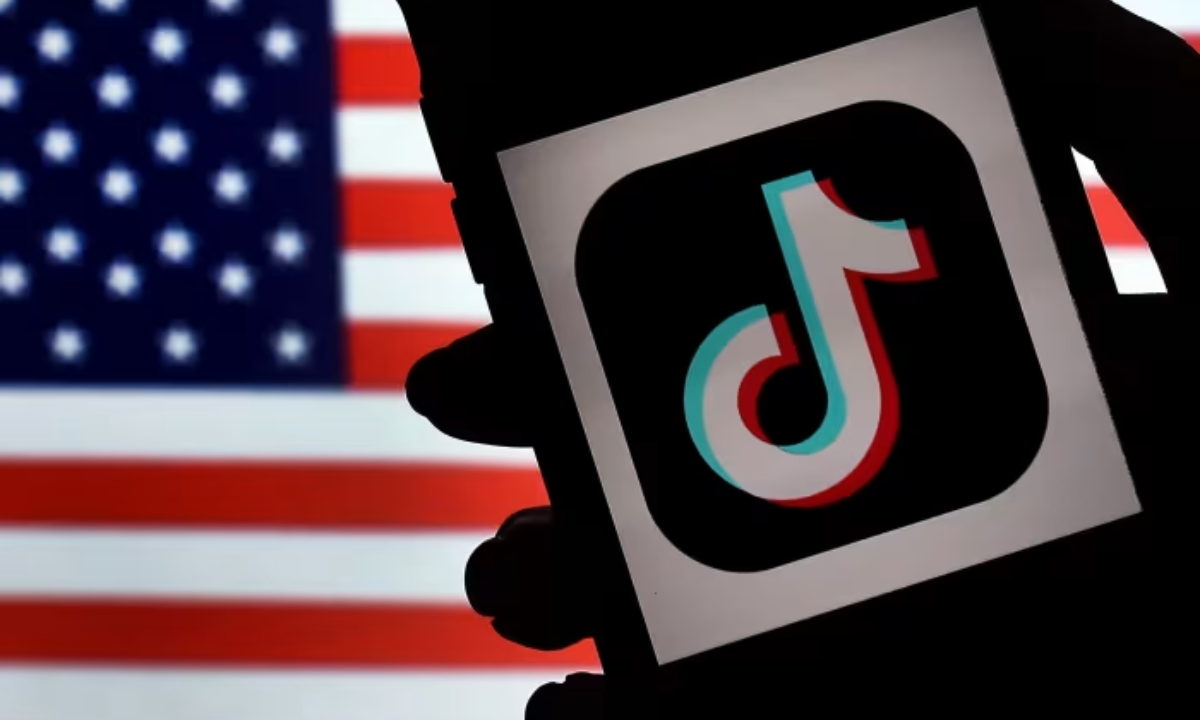Reported by Bernd Debusmann, Matt Murphy, and Natalie Sherman for BBC News from Congress, Washington DC, and New York, on March 14th, the US House of Representatives has passed a groundbreaking bill potentially leading to the banning of TikTok in America.
Under this legislation, the Chinese parent company of the popular social media platform, ByteDance, would have six months to divest its controlling stake, failing which TikTok could face a US blockade.
Despite bipartisan support for the bill’s passage in the House, its journey to becoming law requires approval from the Senate and the President’s signature.
Lawmakers have harbored longstanding concerns regarding China’s sway over TikTok, which falls under the ownership of ByteDance, a Chinese company established in 2012.
ByteDance, headquartered in Beijing but registered in the Cayman Islands with global offices, may encounter obstacles in obtaining Chinese approval for a forced divestiture, as China has signaled opposition to such moves. Mike Gallagher, a Republican co-sponsor of the bill, emphasized the risk posed by a major American social media platform being under the influence of the Chinese Communist Party.
The bill’s supporters argue it aims to safeguard national security by preventing the exploitation of user data by foreign entities, especially given Chinese laws mandating data sharing with the government.
TikTok’s CEO, Shou Zi Chew, has assured regulators of efforts to protect user data and maintain the platform’s independence from external manipulation. However, concerns persist, highlighted by instances of data sharing between TikTok’s US operations and ByteDance in China, raising fears of privacy breaches.
While some House members expressed reservations about the bill, citing potential unintended consequences such as corporate coercion and alienation of younger voters, leaders of the Senate Intelligence Committee welcomed the House’s decision, emphasizing national security concerns.
TikTok has mobilized its user base to lobby Congress against the bill, signaling the platform’s efforts to resist regulatory actions that could jeopardize its operations in the US.
Outside the White House, demonstrators voiced opposition to the bill, underscoring its potential impact on businesses and creators reliant on TikTok for income and outreach opportunities.
The Chinese government criticized the bill as unjustified suppression, denying any evidence of TikTok threatening US national security.
White House spokesperson Karine Jean Pierre defended the bill’s intent to prevent exploitation of major tech platforms by entities with ulterior motives.
While ByteDance explores options to sell its TikTok stake, uncertainties loom over potential buyers given the platform’s significant valuation and antitrust considerations within the tech sector. Despite challenges, analysts anticipate considerable interest from various US firms in acquiring TikTok, reflective of its expanding reach and advertising revenue.





